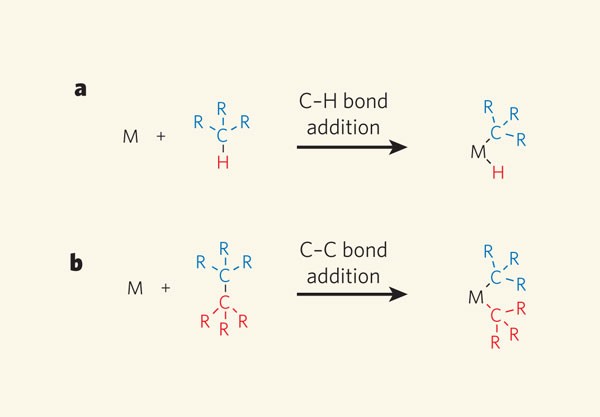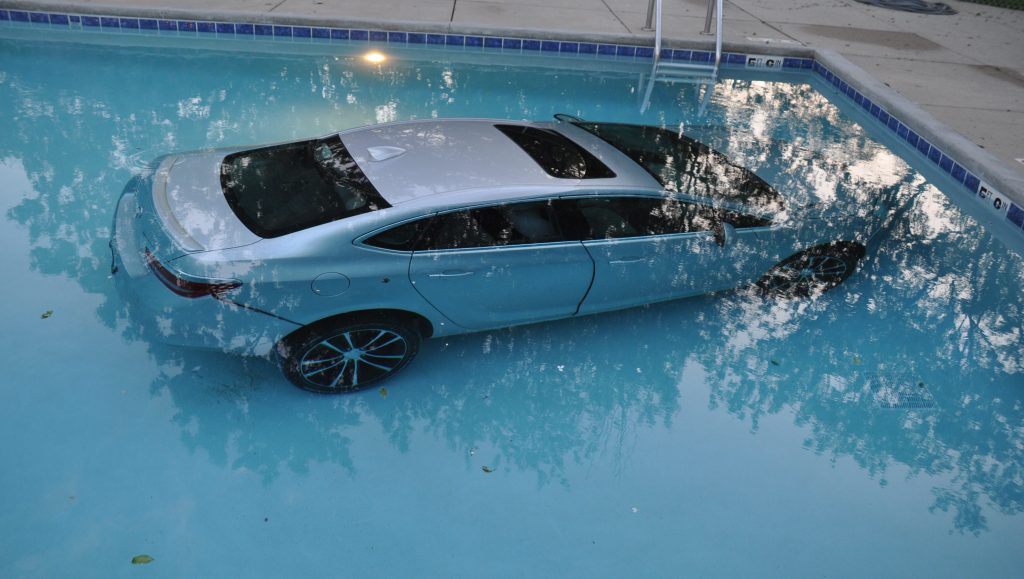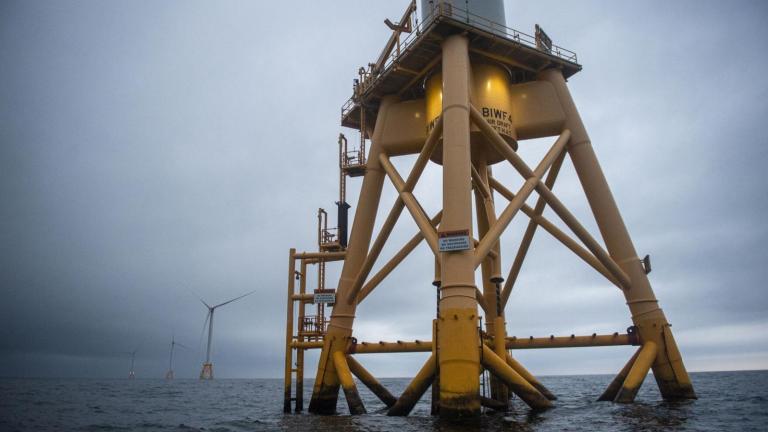Oh, for the love of language. As Duncan reminds, the aughts were an incredibly fraught time for cloaking war and destruction in democracy as a way of de-stabilizing and neutralizing domestic opposition – both political and in the media (still a smoking ruin but… bygones). But about the same time – curiously, right around the time of the establishment of this very fine blog – the business community encountered the nascent green movement and saw… well, you know what they saw. Let’s see how the language is holding up:
For the first time in at least a decade, US drillers last year spent more on share buybacks and dividends than on capital projects, according to Bloomberg calculations. The $128 billion in combined payouts across 26 companies also is the most since at least 2012, and they happened in a year when US President Joe Biden unsuccessfully appealed to the industry to lift production and relieve surging fuel prices. For Big Oil, rejecting the direct requests of the US government may never have been more profitable.
At the heart of the divergence is growing concern among investors that demand for fossil fuels will peak as soon as 2030, obviating the need for mutlibillion-dollar megaprojects that take decades to yield full returns. In other words, oil refineries and natural-gas fired power plants — along with the wells that feed them — risk becoming so-called stranded assets if and when they are displaced by electric cars and battery farms.
In other words, companies will pay dividends and buyback stock to keep the share price high for as long as they can, even in the face of all the signs that are telling them to shift, while they shift and not supporting the shift, thereby slowing the shift, when the shift needs to happen much faster. Squeeze all the profits out of short-term projects, eschew longer term investments in fossil fuels, which are obviously foolish because of what we are doing/not doing. If and when, indeed:
US oil production is expected to grow just 5% this year to 12.5 million barrels a day, according to the Energy Information Administration. Next year, the expansion is expected to slow to just 1.3%, the agency says. While the US is adding more supply than most of the rest of the world, it’s a marked contrast to the heady days of shale in the previous decade when the US was adding more than 1 million barrels of daily output each year, competing with OPEC and influencing global prices.
Tell us again – Billions in Handouts as doubts grow – actual subtitle of article (thanks editors!): Shareholders envisioning the imminent peak of petroleum demand want executives to focus on short-term returns rather than long-term projects that risk becoming stranded assets.
In the immortal words of William Burroughs, “And because he was himself a priest, there was no need to call one.”







